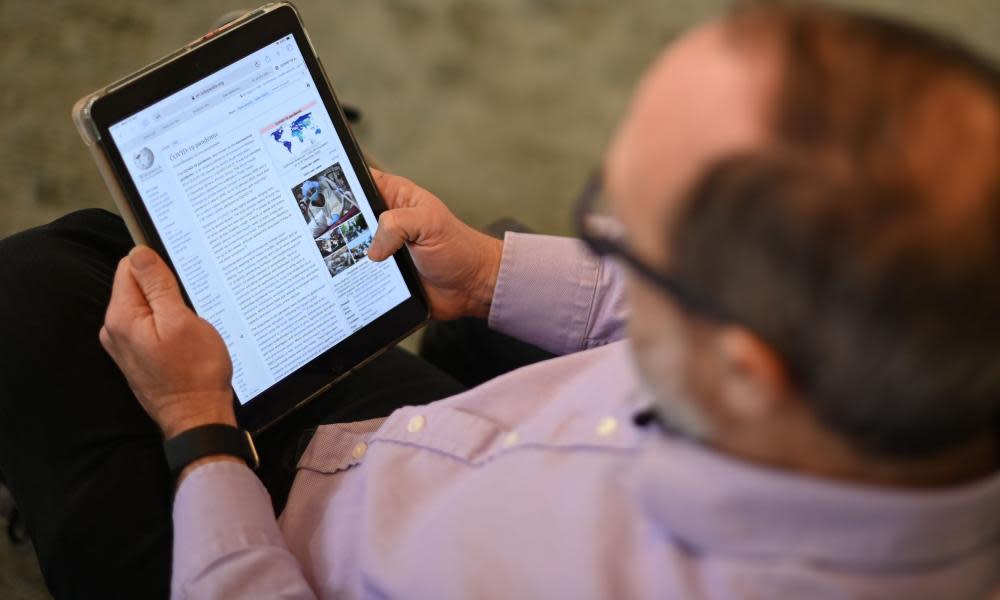It’s so easy to cheat with technology that even judges are doing it

Remember when loads of academics were confidently predicting that technology, from robots to AI, was about to destroy all our jobs? They were wrong. We went into Covid with record employment before the pandemic, not the robots, knocked a chunk of people out of the workforce.
In fact, technology has done something almost worse: giving academics a whole new job producing studies showing how easily technology affects us even on important judgments, from hiring to court cases. Two came across my desk last week highlighting the danger.
The first paper turns the tables on the trend for job applicants to be screened by algorithms. The researchers assigned some applicants “algorithmic writing assistance” with their CVs or covering letters to see if it influenced employers’ decisions. But obviously those of us who do lots of recruiting would never be affected by such small changes… would we? I’m afraid so. Jobseekers who had the tech help were 8% more likely to get hired. Sigh.
But it gets worse. We all use Wikipedia, but its crowdsourced nature means you wouldn’t rely on it for important professional work. Or at least we wouldn’t want people to know that’s what we’ve done. But pesky academics have got judges bang to rights, showing that fiddling around with Wikipedia can materially affect legal proceedings. Their research found that not only were Irish supreme court decisions with Wikipedia pages more likely to be cited by high court judges as a precedent for their judgments, but the Wikipedia text even influenced the language used in those judgments. Poor judges, caught redhanded.
• Torsten Bell is chief executive of the Resolution Foundation. Read more at resolutionfoundation.org


